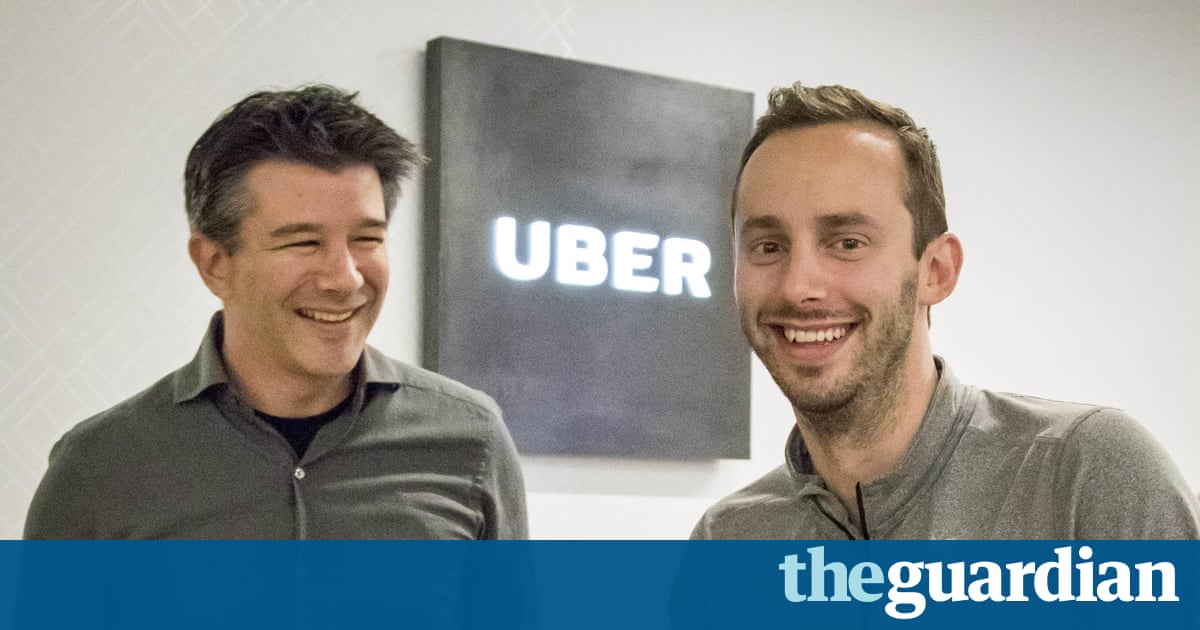Partial victory for Uber after judge declines Googles request for full injunction, as battle for highly lucrative self-driving car market hots up

A judge has granted a partial reprieve to Uber in its high-profile intellectual property lawsuit with Googles self-driving car operation, allowing the ride-hailing company to continue developing its autonomous vehicle technology.
The judge, however, has barred an Uber executive accused of stealing trade secrets from Google spin-off Waymo from continuing to work on self-driving carsradar technology, and has ordered Uber to return downloaded documents to Waymo. The judge also said that evidence indicates that Waymos intellectual property has seeped into Ubers own development efforts suggesting that Uber could face a tough battle as the case moves ahead.
Googles lawyers were seeking a broader injunction against Uber, which could have significantly impeded the taxi startups entire self-driving car program, a move that could have been a fatal setback. The partial victory for Uber follows a judges recommendation that federal prosecutors launch a criminal investigation into the accusations that it stole Waymos technology.
The decision from Judge William Alsup comes when Uber is reeling from a series of public relations crises, including a sexual harassment scandal, the release of embarrassing footage of its CEO berating a driver, numerous executive departures, a viral #DeleteUber campaign, accusations that it has spied on competitors drivers, and claims that it has evaded law enforcement.
But the high-stakes trade secrets case with Waymo, which is owned by Google parent company Alphabet, poses perhaps the most significant threat to Ubers future, given that the CEO, Travis Kalanick, has said autonomous technology is existential to the companys $70bn business.
Judge Alsups decision was released shortly after Waymo revealed that it is partnering with Lyft, Ubers main competitor, on self-driving cars, dealing yet another blow to Uber in the race to dominate the nascent autonomous vehicle market, which is expected to be highly profitable.
The lawsuit filed in February alleges that Anthony Levandowski, a former Waymo employee, downloaded trade secrets before leaving the company and eventually brought the sensitive, secret, and valuable internal Waymo information to Uber. The case centers on Waymos proprietary lidar system, which is the radar that self-driving cars use to see surroundings.
Judge Alsups latest decision includes a number of orders against Uber. The judge said Uber must immediately remove Levandowski from any role or responsibility related to lidar and that he cannot communicate with anyone at Uber about the technology. Last month, Levandowski said he was stepping down from his role while the litigation was ongoing. In court, he has also invoked the fifth amendment, citing the potential for criminal action.
Alsup wrote in his decision: The bottom line is the evidence indicates that Uber hired Levandowski even though it knew, or should have known, that he possessed over 14,000 confidential Waymo files likely containing Waymos intellectual property; that at least some information from those files, if not the files themselves, has seeped into Ubers own lidar development efforts; and that at least some of said information likely qualifies for trade secret protection.
But the judge also refused to entirely shut down Ubers autonomous technology development, writing: Waymos patent theories are too weak to support any provisional relief.
Alsup also accused Waymo of overreaching in its assertion of supposed trade secrets and moving the target as discovery and briefing progressed.
Uber has begun testing self-driving cars in Arizona, California and Pennsylvania.
Both companies praised the decision on Monday.
We are pleased with the courts ruling that Uber can continue building and utilizing all of its self-driving technology, including our innovation around lidar, Uber said in a statement. We look forward to moving toward trial and continuing to demonstrate that our technology has been built independently from the ground up.
Waymo noted in a statement that the judge has granted expedited discovery, which the company said it would use to to further protect our work and hold Uber fully responsible for its misconduct.
The spokesperson added: Competition should be fueled by innovation in the labs and on the roads, not through unlawful actions. We welcome the order to prohibit Ubers use of stolen documents containing trade secrets developed by Waymo through years of research, and to formally bar Mr Levandowski from working on the technology.
Waymo and Lyft have declined to offer details on their new partnership, which was first reported on Sunday by the New York Times.
A Lyft spokesperson told the Guardian: Waymo holds todays best self-driving technology, and collaborating with them will accelerate our shared vision of improving lives with the worlds best transportation.
- This article was amended on 15 May to clarify the scope of the injunction that Waymo was seeking against Uber
Read more: www.theguardian.com




![[Video] How to get rid of bed bugs in Toronto](https://www.thehowtozone.com/wp-content/uploads/2019/10/maxresdefault-2-100x70.jpg)


